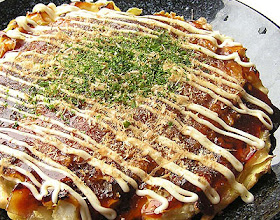This Kanji stands for a rest, and is pronounced "きゅう kyu", or with "む mu" "やすむ yasumu".
This is divided to "亻" and "木", but do you know the both? "亻" is called "にんべん ninnbenn" which is a part of a kanji describing about human beings.
And, I think you know "木". How do you pronounce it? Yes, it is pronounced "き ki" or "もく/ぼく moku/boku" and means basically a wood.
Also, you can see "木" on a Japanese calender. Then "木" is an abbreviation of "木曜日 もくようび" meaning Thursday.
We Japanese often say "もくよう mokuyou", like "木曜は?(How about Thursday?"). The symbol is very simple. So remember it, or you can find it everywhere.
By the way, we'd like you not to 休む your school lesson or something, but we are curious to know about culture or habit of a rest.
In Japan, taking a rest is basically not a nice thing at our workplace. Even if you are sick, it is usual to keep working. How about your country? Actually the number of company which can flexibly manage employees gradually increases in Japan, but I think it is still very few. Please leave a comment below.
EXAMPLE:
明日は学校を休む。 - I will miss school tomorrow.
木曜日は? - How about Thursday?
#Should you have any kanji you wanna know, please leave a comment or contact share.your.japan[at]gmail.com.

















































